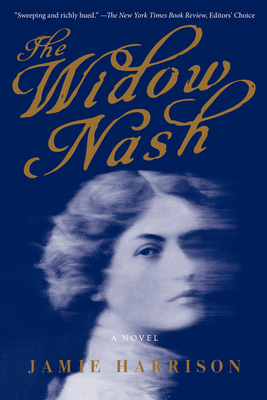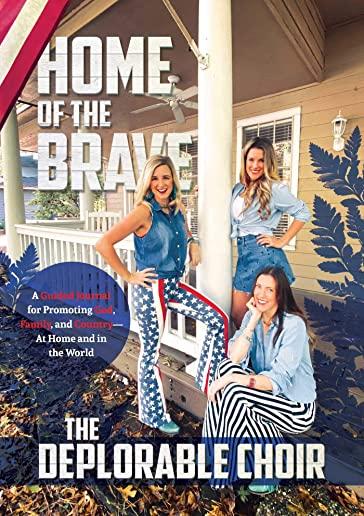
description
orious in North Africa, the Allies send thousands of German prisoners of war to the United States. Severely injured or ill POWS will be treated in U.S. Army hospitals. On a hot day in August, a young newspaper reporter rides her horse to the Buffalo Ridge Army Hospital just west of Topeka, Kansas. Carrying an aura of mystery, Isabelle Graham speaks German with a Viennese accent. She is soon hired to interpret for an amnesiac prisoner who claims to be a corporal but behaves more like a high officer. Isabelle must discover his identity. Her quest will end in bloody violence with consequences not only for her and the prisoner, but also for many others in the far-away conflagration of war. PRAISE FOR LAST LIGHT: "An intriguing tale that moves seamlessly between the Kansas prairie and the cafés of Vienna and explores where honor ends and betrayal begins, or maybe it's the other way around. War stories are often painted in the bold colors of military and political giants and knaves, but the real history of war is wrapped around the spirits and emotions, often in conflict with each other, of people whose tales get lost in time. Thanks to Elizabeth Farnsworth for making these realities so vivid."
-Michael D. Mosettig, foreign affairs and defense senior producer and editor of The PBS NewsHour from 1985 to 2012 "With delicacy and grace, Farnsworth illuminates a moment in history all but lost to memory. The remarkable novel manages to be compelling as a war story, a love story, and even a western! What a gift it was to read."
-Ayelet Waldman. author of the novel Love and Treasure and executive producer of Netflix's Unbelievable "Farnsworth has written in Last Light a thrilling and moving account of a young woman's courage and determination in the face of seemingly insuperable odds."
-John Balaban, National Book Awards poetry finalist, 1997 and 1975, and author of, among other non-fiction works, Remembering Heaven's Face: A Story of Rescue in Wartime Vietnam "Compact and complex, Elizabeth Farnsworth's story evokes beautifully the innocence of a Kansas childhood, a woman's sexual and intellectual awakening, and the physical and psychic wounds of war with its inherent moral ambiguities. The central question-When is killing justified?-haunts until the end."
-Marion Abbott, former co-owner of Mrs. Dalloway's Bookstore, Berkeley, Calif. "Farnsworth demonstrates similar mastery of complexity: What's the collateral damage of war on those behind the lines who never see combat themselves but must handle the fallout? And how should we respond to the epiphany that nobody, even a fictional character, comes through real conditions with entirely clean hands? Farnsworth has dreamed up a revelation with power and insight on every page."
-Douglas Foster, former editor of Mother Jones, public television investigative reporter and correspondent, documentary producer, and author of After Mandela: The Struggle for Freedom in Post-Apartheid South Africa.
-Michael D. Mosettig, foreign affairs and defense senior producer and editor of The PBS NewsHour from 1985 to 2012 "With delicacy and grace, Farnsworth illuminates a moment in history all but lost to memory. The remarkable novel manages to be compelling as a war story, a love story, and even a western! What a gift it was to read."
-Ayelet Waldman. author of the novel Love and Treasure and executive producer of Netflix's Unbelievable "Farnsworth has written in Last Light a thrilling and moving account of a young woman's courage and determination in the face of seemingly insuperable odds."
-John Balaban, National Book Awards poetry finalist, 1997 and 1975, and author of, among other non-fiction works, Remembering Heaven's Face: A Story of Rescue in Wartime Vietnam "Compact and complex, Elizabeth Farnsworth's story evokes beautifully the innocence of a Kansas childhood, a woman's sexual and intellectual awakening, and the physical and psychic wounds of war with its inherent moral ambiguities. The central question-When is killing justified?-haunts until the end."
-Marion Abbott, former co-owner of Mrs. Dalloway's Bookstore, Berkeley, Calif. "Farnsworth demonstrates similar mastery of complexity: What's the collateral damage of war on those behind the lines who never see combat themselves but must handle the fallout? And how should we respond to the epiphany that nobody, even a fictional character, comes through real conditions with entirely clean hands? Farnsworth has dreamed up a revelation with power and insight on every page."
-Douglas Foster, former editor of Mother Jones, public television investigative reporter and correspondent, documentary producer, and author of After Mandela: The Struggle for Freedom in Post-Apartheid South Africa.
member goods
No member items were found under this heading.
listens & views

ROUGH GUIDE TO BRAZILIAN LOUNGE ...
by ROUGH GUIDE TO BRAZILIAN LOUNGE / VARIOUS (SPEC)
COMPACT DISCout of stock
$13.99
Return Policy
All sales are final
Shipping
No special shipping considerations available.
Shipping fees determined at checkout.






